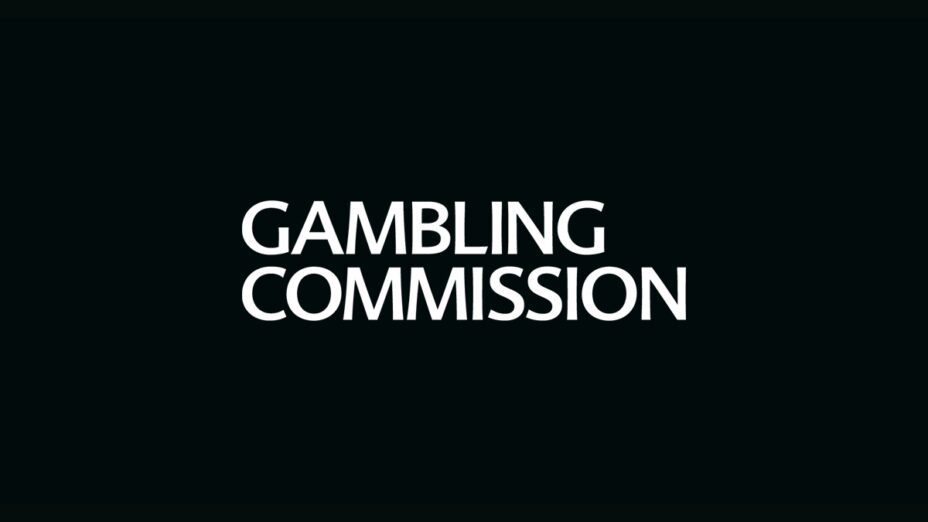Britain’s Gambling Commission has agreed a regulatory settlement with Maple International, operator of the Lottomart brand.
The regulatory settlement includes a payment in lieu of a financial penalty of £360,000 for social responsibility and anti-money laundering failures in the United Kingdom.
The operator also had to agree to the publication of a public statement of facts in relation to the case and will make payment towards the regulator’s costs of investigating the matter.
“The cornerstone of every licensed business must be the proper implementation of effective policies and procedures aimed at making gambling crime free and safer,” said John Pierce, director of enforcement and intelligence at the Gambling Commission. “This operator is now being held to account for anti-money laundering and social responsibility failings uncovered during a compliance assessment.
“We would advise all operators to read the Maple International Ventures public statement and consider whether their own policies and procedures are both effective and are being successfully implemented.”
Maple International Ventures was found to have breached Licence Condition 12.1.1, which relates to the prevention of money laundering and terrorist financing, and Social Responsibility Code Provision 3.4.3 relating to remote customer interaction.
Commission officials found that between May and October 2024, the operator failed to ensure that it had appropriate policies, procedures and controls in place to prevent money laundering and terrorist financing.
The regulator also found that controls for detecting duplicate and linked accounts were not effective. Additionally, officials discovered a delay between the triggering of a money laundering risk alert and its subsequent action, allowing customers to exceed their intended transaction thresholds.
When determining the appropriate resolution, the Gambling Commission considered several aggravating and mitigating factors.
These included the fact that the operator knew that customers could surpass its financial thresholds and that remedies were only implemented during the regulatory investigation.
The operator, however, had an unblemished regulatory record and eventually put an action plan in place to remedy the issue, while being fully cooperative with the Commission’s investigation.
